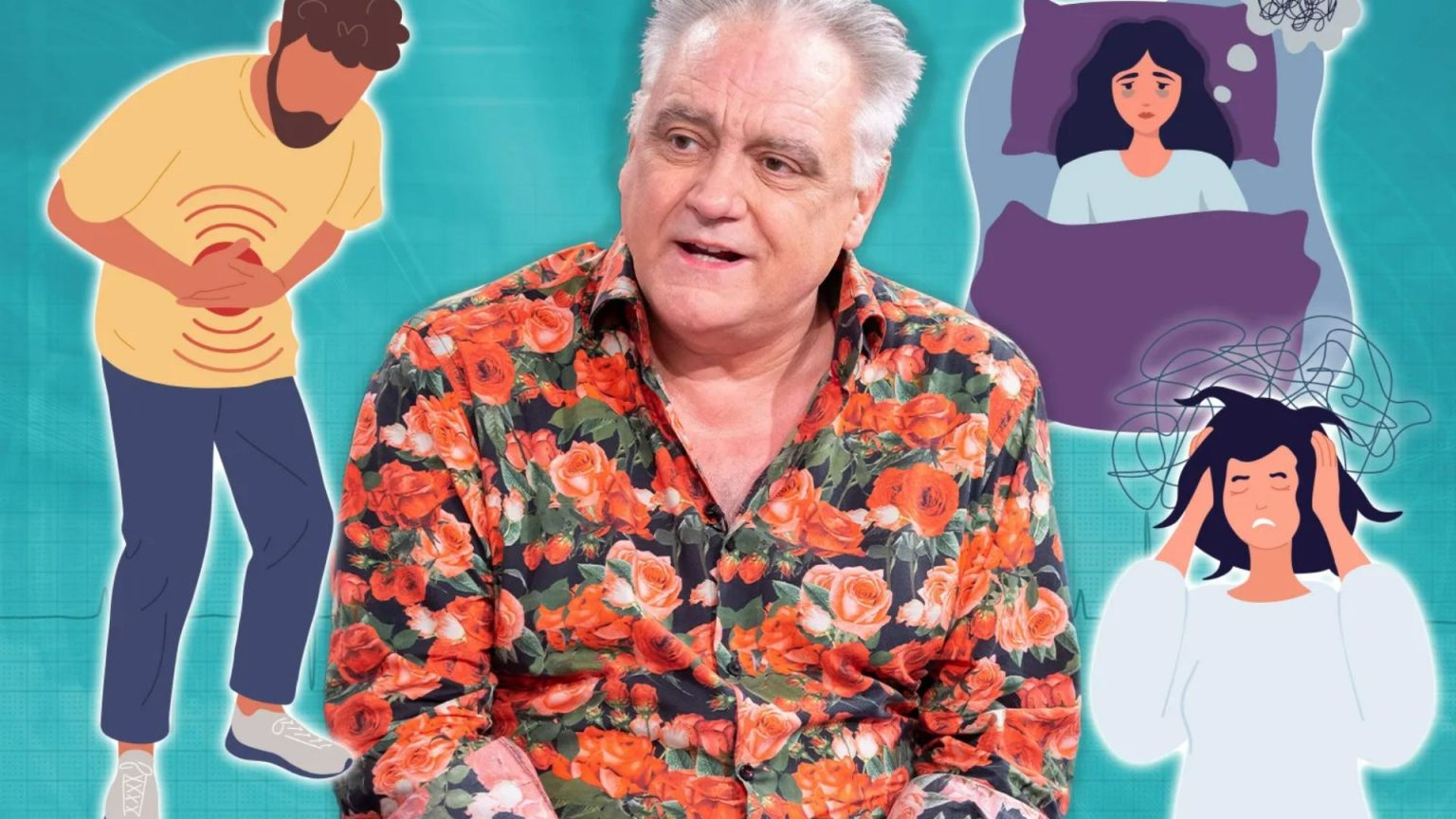Tony Slattery, a beloved British actor and comedian known for his improvisational wit on the show “Whose Line Is It Anyway?”, passed away at the age of 65 following a heart attack. His sudden death serves as a poignant reminder of the unpredictable nature of heart attacks, which can occur without warning and affect individuals of all ages. A heart attack results from a blockage of blood flow to the heart muscle, depriving it of oxygen and causing irreversible damage. Coronary heart disease, characterized by plaque buildup in the coronary arteries, is the most frequent underlying cause. While the specific cause of Slattery’s heart attack remains undisclosed, the event underscores the critical importance of recognizing symptoms and seeking immediate medical attention.
Recognizing the symptoms of a heart attack is crucial for prompt intervention and potentially life-saving treatment. While chest pain, dizziness, and lightheadedness are commonly associated with heart attacks, research indicates a broader range of symptoms can precede an attack, sometimes by as much as a month. These less recognized symptoms include sleep disturbances, shortness of breath, indigestion, anxiety, weakness in the arms or legs, cognitive changes, and loss of appetite. It’s important to note that not all individuals experience the same symptoms, and some, particularly the elderly or those with diabetes, may have muted or atypical presentations due to nerve damage. For example, excessive coughing or wheezing, caused by fluid buildup in the lungs, can also be a sign of a heart attack.
If someone is suspected of having a heart attack, immediate action is paramount. Calling 999 (or the equivalent emergency services number) should be the first step. The NHS advises looking for symptoms such as chest pain (described as pressure, heaviness, tightness, or squeezing), pain radiating to other parts of the body (arms, jaw, neck, back, and abdomen), lightheadedness, dizziness, sweating, shortness of breath, nausea, vomiting, intense anxiety resembling a panic attack, coughing, or wheezing. The faster medical help is sought, the greater the chances of survival and minimizing long-term damage.
Throughout his life, Tony Slattery openly discussed his struggles with bipolar disorder and the impact it had on his life. He also revealed his experience with bankruptcy following battles with substance abuse and mental health challenges. His partner suggested that a traumatic childhood experience might have contributed to his mental health struggles. Research supports this notion, indicating a higher likelihood of childhood trauma among individuals with bipolar disorder.
Reducing the risk of heart attacks and strokes often involves addressing common underlying factors. Both conditions are cardiovascular events stemming from issues like atherosclerosis, the buildup of fatty deposits in arteries. Key risk factors for both heart attacks and strokes include high blood pressure, high cholesterol, smoking, obesity, lack of physical activity, and diabetes. By mitigating these risk factors, individuals can significantly reduce their susceptibility to both conditions.
Adopting a healthy lifestyle is crucial for heart health. A balanced diet rich in fruits, vegetables, whole grains, and lean proteins, as exemplified by the DASH diet, can lower blood pressure and improve overall cardiovascular health. Limiting saturated and trans fats, which contribute to high cholesterol and atherosclerosis, is also essential. Choosing healthier fats found in olive oil, nuts, and avocados is a better alternative. Reducing salt intake helps control blood pressure. Consuming fiber-rich foods, like oats and beans, can contribute to lower cholesterol levels.
Regular physical activity is another cornerstone of heart health. Aerobic exercises, such as walking, running, cycling, and swimming, strengthen the heart and improve circulation. The NHS recommends at least 150 minutes of moderate-intensity aerobic exercise or 75 minutes of vigorous-intensity activity per week. Strength training, recommended twice weekly, helps manage weight, improve cholesterol levels, and reduce blood pressure. Regularly monitoring blood pressure, especially after the age of 40, is essential, even in the absence of symptoms. Quitting smoking is one of the most impactful steps towards better heart health. Limiting alcohol consumption is also advisable, as excessive alcohol intake can raise blood pressure and contribute to weight gain, both of which negatively impact cardiovascular health.




